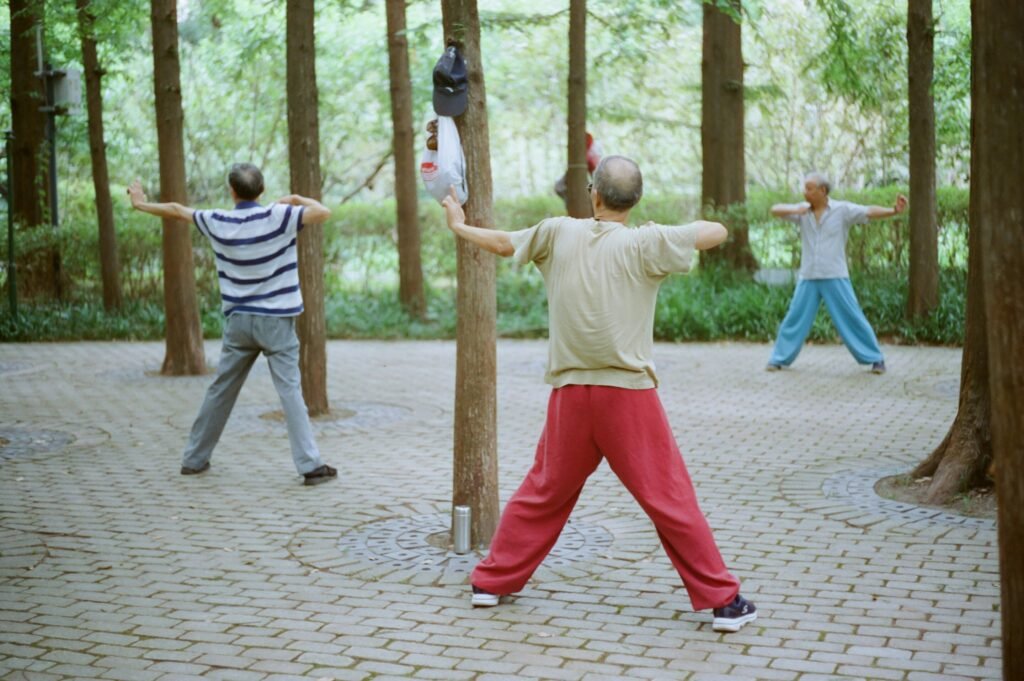Relaxation techniques have shown promise in helping to lower high blood pressure in the short term, according to a recent analysis of existing research published in the open-access journal BMJ Medicine. However, the long-term effects of these techniques remain uncertain, highlighting the need for further, more robust studies to determine their role in the treatment of high blood pressure.
High blood pressure affects a significant portion of the population and is a leading cause of mortality. While medications are commonly used to manage the condition, many individuals struggle with adherence to these treatments. This has led to interest in alternative approaches, such as relaxation techniques, to reduce stress levels and potentially lower blood pressure.
Various relaxation methods, including breath control, mindfulness, yoga, Tai Chi, and biofeedback, have been explored for their potential impact on blood pressure. A comprehensive review of 182 studies found that these techniques could lead to reductions in both systolic and diastolic blood pressure in individuals with high blood pressure, particularly in the short term.
Specific interventions such as breath control, meditation, meditative movement (e.g., yoga and Tai Chi), and mindfulness were associated with notable decreases in blood pressure measurements. However, the certainty of these findings was deemed to be very low, emphasizing the need for further research.
Long-term follow-up data beyond three months were limited, with only a few studies examining the sustained effects of relaxation techniques on blood pressure. While some evidence suggested that certain interventions could lead to continued reductions in blood pressure, the overall certainty of these findings was low.
The researchers highlighted the importance of conducting more rigorous studies to assess the long-term effectiveness of relaxation techniques in managing high blood pressure. They underscored the need for detailed reporting on participant adherence to relaxation practices and their impact on blood pressure outcomes.
In conclusion, while relaxation techniques may offer short-term benefits in lowering high blood pressure, more research is needed to determine their sustained effects and clinical utility. Understanding the role of these interventions in long-term blood pressure management could provide valuable insights for individuals seeking alternative approaches to hypertension treatment.
For more information, you can refer to the study published in BMJ Medicine titled “Effectiveness of stress management and relaxation interventions for management of hypertension and prehypertension: systematic review and network meta-analysis.” (DOI: 10.1136/bmjmed-2024-001098)
This article was provided by the British Medical Journal.


